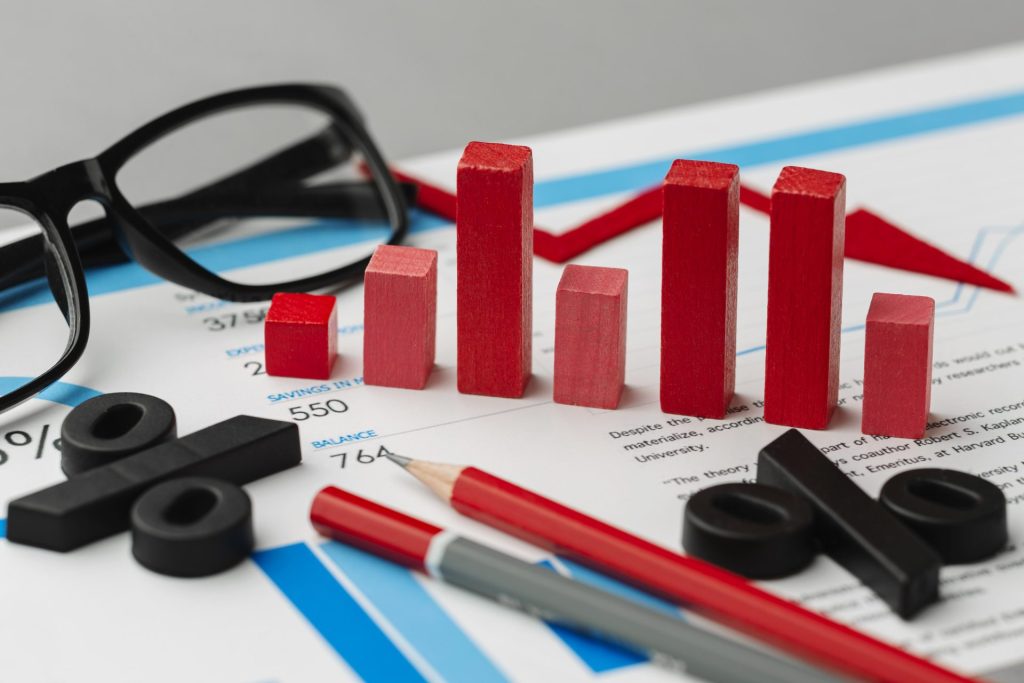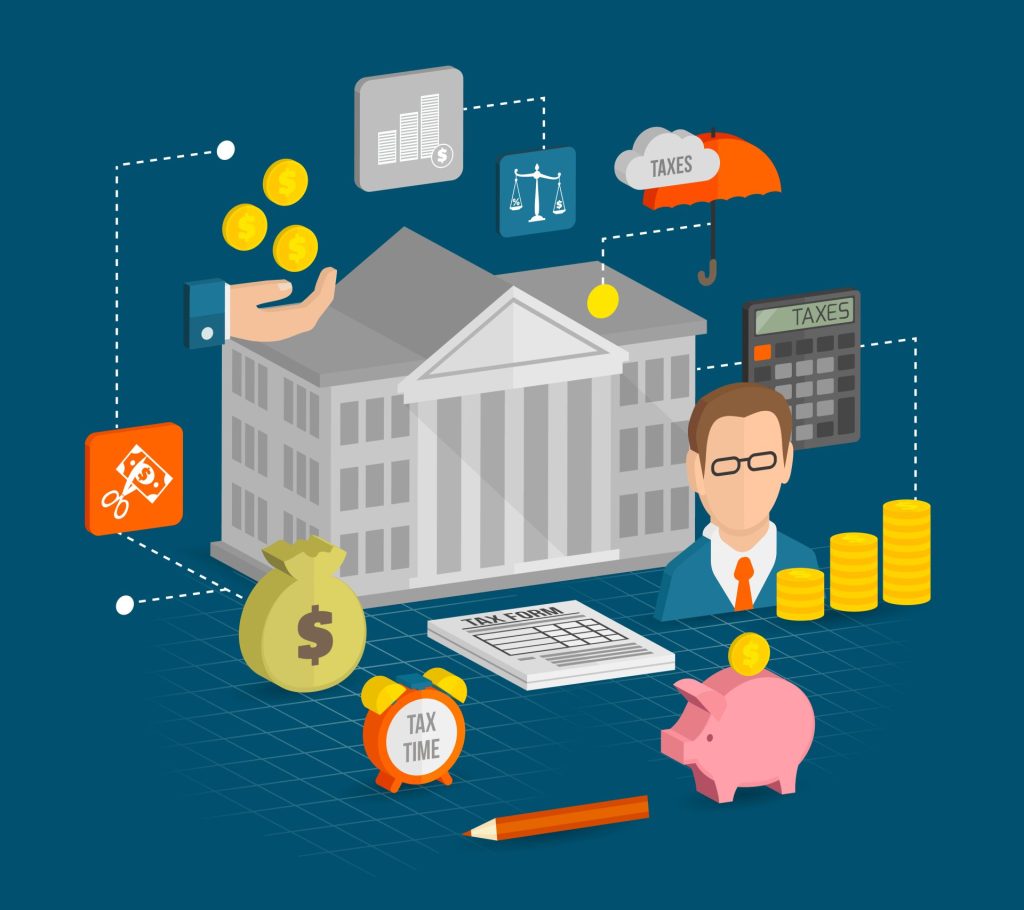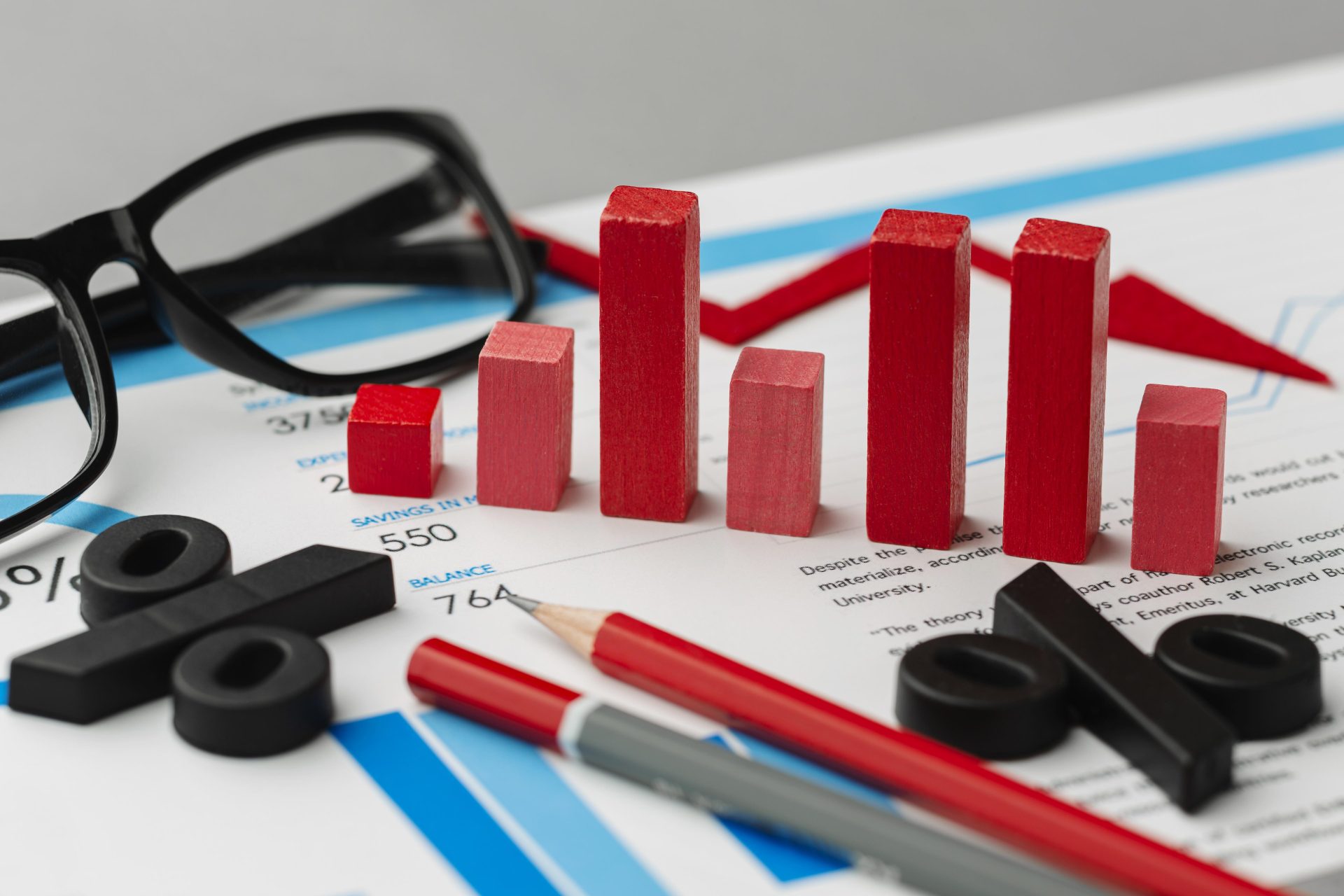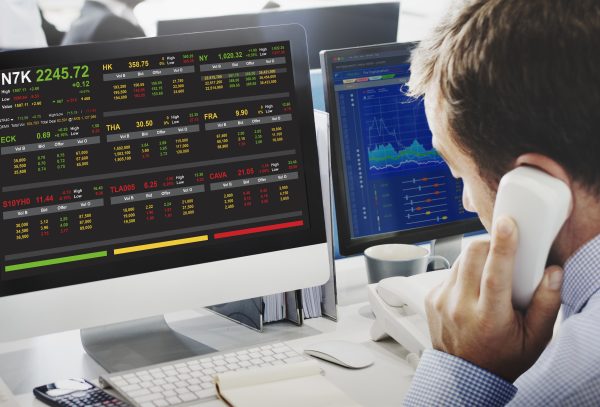Inflation rose only 0.1% in March, according to the latest report from the Bureau of Labor Statistics, a sign that the Federal Reserve’s rate hikes are taking hold. The increase was the smallest since November, following a 0.4% rise in February. The year-over-year increase in inflation, which is closely watched by policymakers, was 5%, up from 2.6% a year ago.

The Federal Reserve has been raising interest rates to keep inflation in check, and the latest data suggests that these efforts are paying off. The central bank has increased the federal funds rate six times since late 2015, with the most recent hike occurring in December 2018. These moves have made borrowing more expensive, which has slowed down the economy and kept inflation from rising too quickly.
Latest Inflation data :
The latest data on inflation in the US shows that while it’s still higher than what the Federal Reserve considers healthy, it’s at least slowing down. The Fed aims to keep inflation at around 2% for steady growth. Energy prices dropped 3.5%, and food prices remained the same. Egg prices fell by 10.9%, though they are still up 36% from a year ago. The cost of housing, which is closely watched by the Fed, increased by 0.6%, the smallest gain since November. The report led to a rise in stock market futures and a fall in Treasury yields. The markets are still expecting one more interest rate increase in May.
The report from the Bureau of Labor Statistics showed that energy prices fell 0.6% in March, while food prices rose 0.3%. Excluding food and energy, which are considered to be volatile components of the index, prices rose only 0.1%. This suggests that underlying inflationary pressures remain subdued, and that the Federal Reserve can continue to raise interest rates at a measured pace.

Despite the relatively tame inflation figures, the Federal Reserve is expected to continue raising interest rates in 2019. The central bank has indicated that it plans to raise rates two more times this year, although some analysts believe that the pace of rate hikes could slow down if the economy slows down significantly.
The latest inflation data is good news for consumers, who have been dealing with rising prices for goods and services. However, it also suggests that the economy may be slowing down, as higher interest rates make it more expensive for businesses and consumers to borrow money. This could lead to a slowdown in economic growth, which could ultimately lead to higher unemployment and lower wages.





